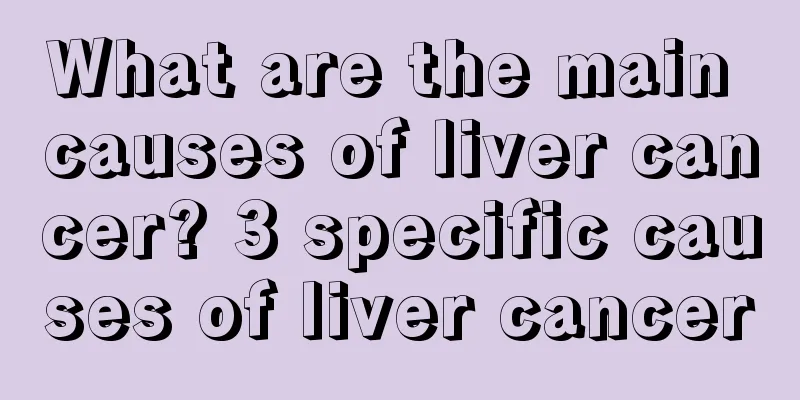Can normal people do dialysis?

|
The principle of dialysis is to diffuse molecules into cells through a semipermeable membrane and displace toxins from the cells. It is a very common treatment method in medicine, but this method is not suitable for everyone. It can be used to treat uremia and kidney failure, but normal people cannot undergo dialysis because dialysis will bring certain side effects to the body and is very harmful to your health, so don't try it lightly. Let me give you a detailed introduction below. Dialysis is a separation and purification technology that separates small molecules from biomacromolecules by the principle of small molecules diffusing into water (or buffer) through a semipermeable membrane. Dialysis therapy is a treatment method that allows components (solutes or water) in body fluids to be excreted from the body through a semipermeable membrane. It can generally be divided into hemodialysis and peritoneal dialysis. A treatment method that allows components (solutes or water) in body fluids to be excreted from the body through a semipermeable membrane. It is often used in cases of acute or chronic renal failure, accumulation of drugs or other poisons in the body. Commonly used dialysis methods include hemodialysis and peritoneal dialysis. Indications for hemodialysis include: ① Acute renal failure. ②Acute drug or poison poisoning. ③Chronic renal failure. ④ Those whose transplanted kidney is non-functional due to renal failure before transplantation or rejection reaction after transplantation. ⑤Other diseases (liver failure, schizophrenia, psoriasis, etc.). Relative contraindications to hemodialysis include: ① Patients with extremely critical conditions, hypotension, and shock. ② Those with severe sepsis. ③ Patients with severe myocardial insufficiency or coronary heart disease. ④ Within 3 days after major surgery. ⑤ Those with severe bleeding tendency, cerebral hemorrhage and severe anemia. ⑥ Mentally ill and uncooperative people. ⑦ Patients with malignant tumors. Generally, patients need hemodialysis three times a week, each time for 4 to 5 hours. Start early Dialysis can help correct irreversible organ damage and metabolic disorders caused by excessive accumulation of toxins. Dialysis should be started when the creatinine clearance rate drops to 10-12 mL/min. Dialysis is effective and safe for patients aged 15 to 60 years old, but due to the continuous improvement of dialysis technology and the emergence of new dialysis equipment, patients over 70 years old can also achieve good results. In order to ensure the quality of life of dialysis patients and improve the recovery rate, hemodialysis patients should ensure a daily protein intake of 1.0-1.2 g/kg and 146.3 kilojoules/kg. At the same time, they should take in enough water-soluble vitamins and trace elements to make up for the amount lost during dialysis. The 5-year survival rate of dialysis patients reported by different countries varies, ranging from about 50% to 80%. There are also reports of 10-year survival rates exceeding 50%. |
<<: Why is it easy to gain weight in the belly
>>: How long can long-term dialysis tubes be used?
Recommend
How to drain pus if you don’t squeeze the pimple?
Acne will show signs of pus in the later stages o...
How to perform minimally invasive surgery for esophageal tumor
Esophageal tumor is a common tumor in many countr...
Can the mole on the lips be removed
Usually we have moles on various parts of our bod...
The pillow is of suitable height
People need pillows as bedding when they sleep, b...
What are the characteristics of adolescent ovarian tumors
Ovarian tumors are not exclusive to adult women. ...
What are the symptoms of skin cancer
The incidence of skin cancer in modern life is no...
How does thyroid cancer cause a decrease in antibodies?
Thyroid cancer causes a decrease in antibodies, w...
How to get rid of mosquitoes in summer
Mosquitoes are very annoying animals in summer. T...
My fingers are swollen after waking up
When you wake up and find your fingers are swolle...
Concentrated sulfuric acid storage
Concentrated sulfuric acid is an acidic chemical ...
The best medicine to lower blood sugar after meal
People's physical health is very important, b...
What can I eat to increase milk supply quickly if I have no milk
After giving birth, if the milk supply is insuffi...
Does renal hamartoma have any harm to the body?
Renal hamartoma is a benign tumor that usually do...
What is primary brain lymphoma and what are the treatments?
What is primary brain lymphoma? What are the trea...
What to do if you fall
Falls are very common. Many people will get injur...









